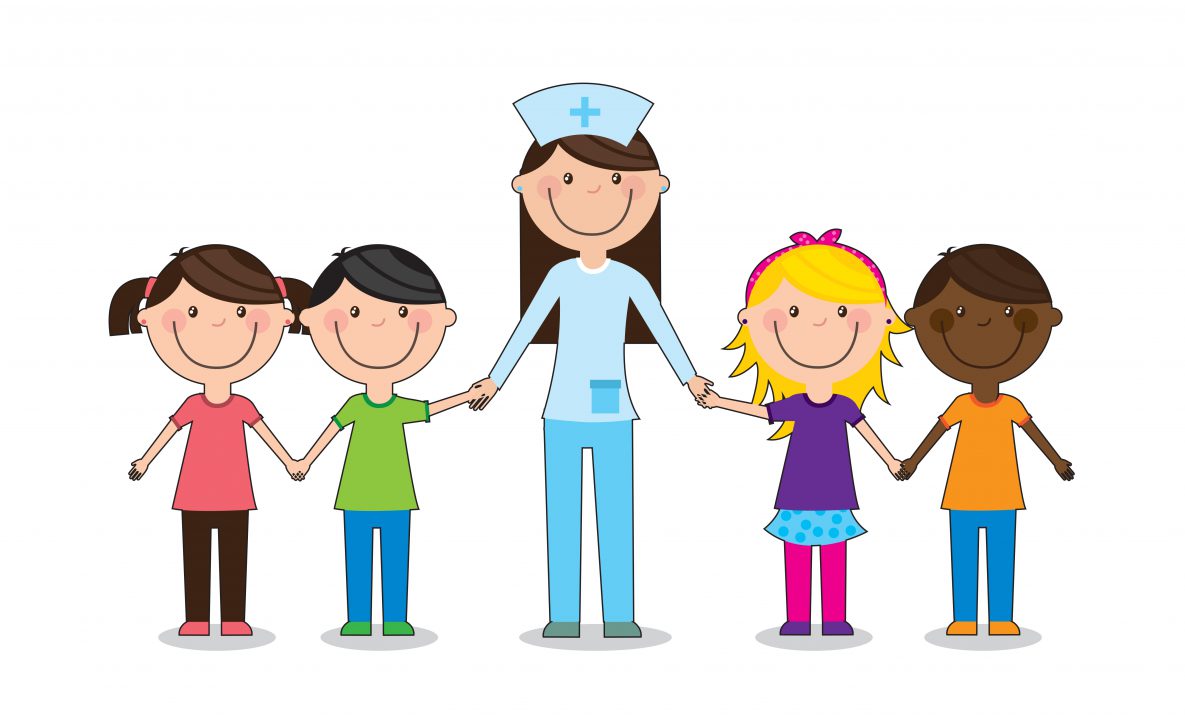The School-Based Active Surveillance Project
The School-Based Active Surveillance (SBAS) project relies on school nurses to help track chronic absenteeism among students, as a way to better understand how many students may struggle with chronic illnesses. ME/CFS is an example of an illness that may result in chronic absenteeism. We hope to educate school nurses about the disease so nurses can better identify potential cases of ME/CFS among students, refer families for appropriate care, and help track case numbers. This project is being carried out in two phases.

Phase 1 of the SBAS Project
The first phase of the SBAS project included six school districts across four states (Massachusetts, Florida, Michigan, and Utah) and focused on using chronic absenteeism as an indicator for students’ health concerns. Chronic absenteeism from school has been associated with academic failure, health disparities, and other health-related issues. During the three-years of the first phase, participating school nurses identified 2,301 chronic absenteeism cases. Further investigation determined 23% of those cases were the result of mental illness, respiratory issues like asthma, or family concerns. School nurses referred four students for ME/CFS-like symptoms to local healthcare providers. Ultimately, those students did not receive an ME/CFS diagnosis as other probable causes explained their symptoms. However, the project established a new set of tools for school nurses to use when working with students who might be struggling with a chronic illness. School nurses in many school districts are already educated to identify and care for students with a variety of health issues like asthma and diabetes. Adding other chronic illnesses could prove beneficial for identifying potential ME/CFS cases, making appropriate referrals to health care providers, and tracking case numbers. Furthermore, school nurses can play a critical role in collaborating with students, families, and healthcare teams to develop action plans that balance both academic and health needs.
Phase 2 of the SBAS Project
This second phase of the project aims to educate school nurses about ME/CFS through data collection training, NASN’s school nurse SBAS manual, and continuing education courses. When school nurses can identify possible symptoms of the illness, they can provide valuable insight to improve the estimate of ME/CFS cases among children and adolescents. In addition, many people who have long-lasting symptoms following COVID-19 illness, also referred to as Long COVID or post-COVID conditions, report having symptoms similar to ME/CFS. If school nurses are educated to identify both ME/CFS and Long COVID, they may identify and refer for diagnosis more young people who might otherwise go without a diagnosis or receive care.
Outcomes Put To Work!
Phase 1 of the SBAS project, which concluded in September of 2021, resulted in a manual for school nurses and a multi-media toolkit. School nurses are using lessons learned from the first phase, including continuing education courses about ME/CFS and chronic condition management. The outcomes of this partnership are being shared at conferences and online through webinars, learning portals, and NASN’s weekly electronic publication, which reaches 50,000 subscribers. During the second phase, the project will involve up to 60 school districts across 14 states. As Phase 2 continues, more information will be collected, with the goal to improve tracking of ME/CFS.